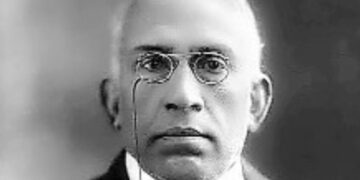Ahead of a much-expected cabinet reshuffle, French Prime Minister Elisabeth Borne resigned on Monday following recent political turmoil over a new immigration law. French President Emmanuel Macron also seeks to revamp the cabinet ahead of major events such as the European Parliamentary elections and the Summer Olympics in Paris.
Borne was appointed the French Prime Minister soon after President Macron was elected into his second term in May 2022 and is also the only second woman to occupy the position. Soon after Borne tendered her resignation, President Macron took to X, formerly known as Twitter to thank her for working for the exemplary service of France. Furthermore, praising Borne, he stated that she carried her projects with courage, commitment, and determination of stateswomen.
Borne’s resignation will be the first step to late last month’s much-debated immigration legislation backed by Macron aimed at strengthening the government’s ability to deport some foreigners, among other measures. Macron’s centrist alliance was able to make a decision only after striking a deal with the conservative Republicans party, which many observers saw as the government’s shift to the right. The tough negotiations and heated parliament debate raised questions over the ability of Borne’s government to pass future major bills.
It is widely reported that Education Minister Gabriel Attal would be succeeding Borne, however, no official announcement has been made yet. If Attal gains the position, he will be the youngest-ever prime minister of the country. Beside him, others who are expected to take over the position are Defence Minister Sebastien Lecornu and Former Agriculture Minister Julien Denormandie.
It is essential to note that Borne’s time in office has been marked by political and social unrest over pension overhaul which spilled into anger on the streets and in Parliament, and a teenager getting shot during the protests. It is believed that these incidents also forced Macron to appoint a fresh face, as he had a long desire to replace her. Accepting PM Borne’s resignation, the President’s Office noted that she would continue to handle current affairs until the new cabinet is appointed.
In her resignation, Borne mentioned that she preferred to stay as the French PM, however, it was Macron who wanted to replace her. She noted that under her, the government passed more than 50 bills in Parliament and it was more than necessary to reform France. “I have been passionate about this mission, guided by our shared concern to achieve rapid, tangible results for our fellow citizens,” she added.
According to the French Constitution, the President has to deal with setting up general policies, while the Prime Minister manages the day-to-day functioning of the Parliament, meaning that if the administration runs into trouble, it is the PM who has to face the most heat.
















Comments